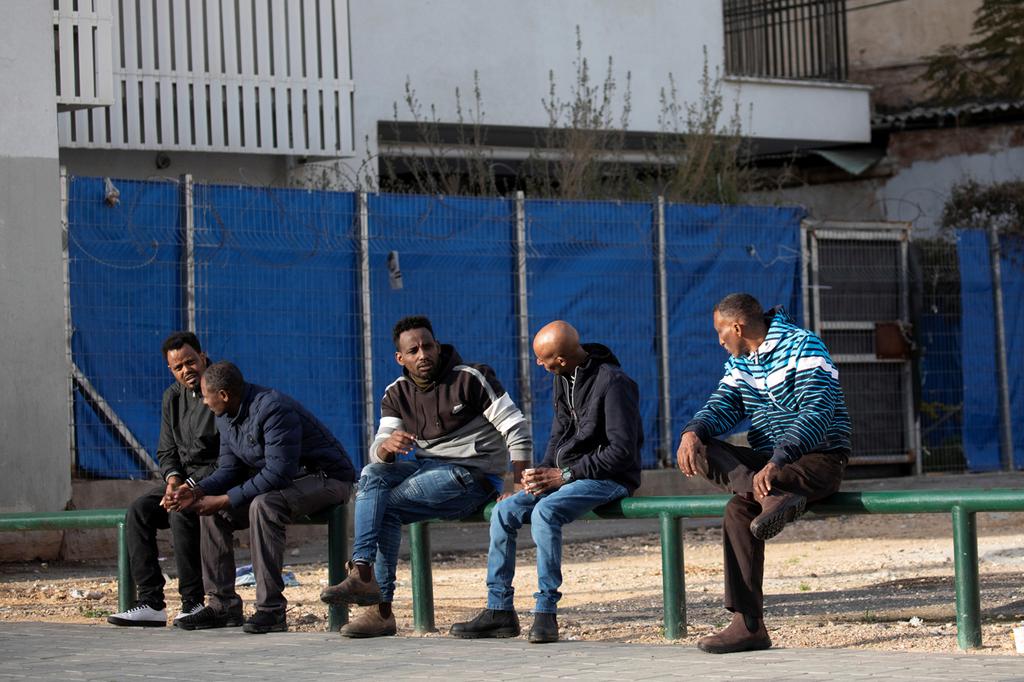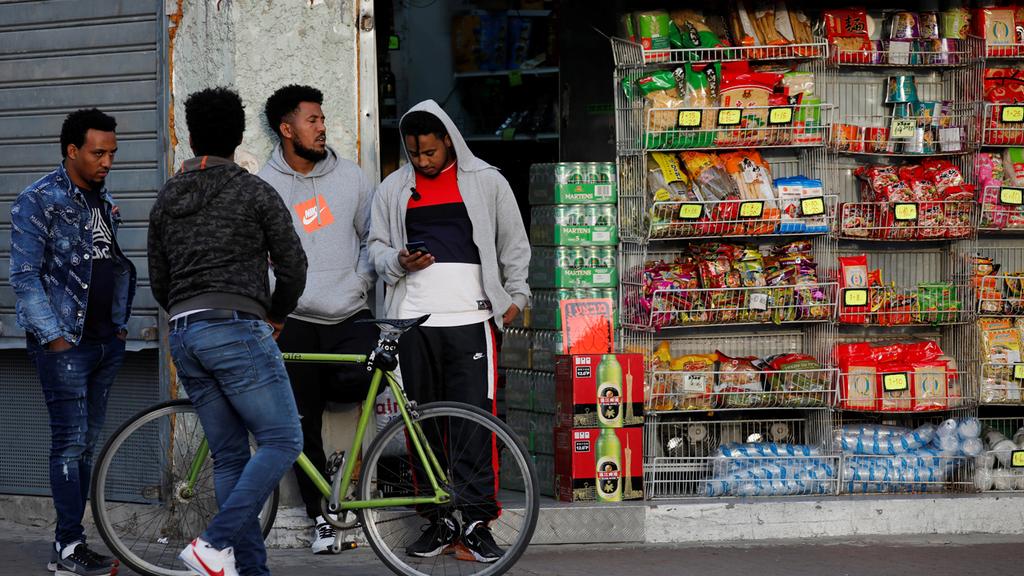Getting your Trinity Audio player ready...
The High Court of Justice this week decided to grant asylum in Israel to a family from the Ivory Coast, due to fear that two young female family members, who were born in Israel, would be forced to go through female genital mutilation (FGM) if repatriated.
In doing so, the High Court overruled past Appellate Court and the District Court decisions, which determined that there was no reason to grant the family asylum.
In Western countries, which Israel seeks to emulate, there is no consistent ruling on the matter.
The District Court mentioned in its ruling that a United Kingdom court rejected an asylum request on similar grounds, saying "there is no evidence that there is a phenomenon of the abduction of minors in the Ivory Coast for the purpose of carrying out the process."
So why is it that what's good for the UK, the interior minister, the Appellate Court and the District Court doesn't convince the High Court judges too?
This is not a simple dilemma - on the one hand, this ruling essentially grants asylum to every family with a daughter that comes from a country where there is a fear of her going through female circumcision.
The family itself claimed that among Ivory Coast Muslims, two out of three young women go through FGM, compared to only one in three young girls among the general population.
According to the World Health Organization, there is a drastic decline in the number of female circumcisions carried out in the western African country in recent years - 28% of girls aged 15-19 went through FGM, compared to 40% in women between the ages of 45-49.
In the African countries from which most asylum seekers came to Israel - Sudan and Eritrea – 84 and 78 percent of women go through FGM, respectively.
The obvious conclusion is that all families with daughters coming from these countries will be granted asylum and those that do not yet have a daughter, will make an effort to have one.
Critics claim that the High Court ruling doesn't only grant asylum to families already living in Israel, but also encourages masses of other African families to come to Israel, which just became the "most progressive country" in the West in this issue thanks to this decision.
Does this mean we're a light unto the nations? Is it admirable humanism? Or did we simply lose our minds completely and set another milestone in turning the State of Israel into a multi-national refugee state.
For those who are not enthusiastic about Israel's definition as the nation-state of the Jewish people, this isn't even a dilemma. They operate in the spirit of George Soros's ideology, the multi-billionaire who sponsors countless organizations around the world acting to erase borders and eliminate national identities.
The dilemma exists mainly among the adherents of a Jewish and democratic Israel. It's not that they have a smaller conscience – this is not a simple dilemma at all.
Most Western countries are nation-states. Some of which may have become societies of immigrants along the way, but even the paragons of openness and acceptance deport asylum seekers to countries occupying some of the lowest places on the Global Peace Index.
Sweden, for example, deported asylum seekers back to Afghanistan, which is ranked 162nd in the World Peace Index. Only Syria is ranked lower, occupying the 163rd spot.
This is not cruelty, nor is it a trip back to 1938 and the days of the infamous Évian Conference - whose participants refused to accept more Jewish refugees fleeing Nazi Germany - this is an attempt to prevent the country from overflowing and preserve the national and cultural ethos.
In the case of the family discussed by the High Court, they claimed they weren't persecuted by the state or some crime ring – but by the grandmother. She is the one demanding to circumcise the granddaughter and may call on other family members to help.
Because of that, the main discussion revolved around whether the family has a "residential alternative" within the Ivory Coast, which is 15 times the size of Israel.
Is it really that hard to find a place in such a massive country that is far from the grandmother's reach?
A well-founded fear of FGM, which is a horrible crime against the female body, justifies granting asylum, but the state has given the family a one-year extension out of humanitarian considerations, which could be extended even further.
Under these circumstances, even if you believe the stories of the terrifying grandmother, the solution provided by the state is both humane and sufficient.
When the High Court tramples the discretion of the state, it and its justices tread on a reasonable and well-considered policy.
The High Court did not save the family, because the state has already taken the possible dangers into consideration, but it completely disregarded the democratic concept of separation of powers.
This ruling turns the High Court's judicial activism into judicial imperialism.




